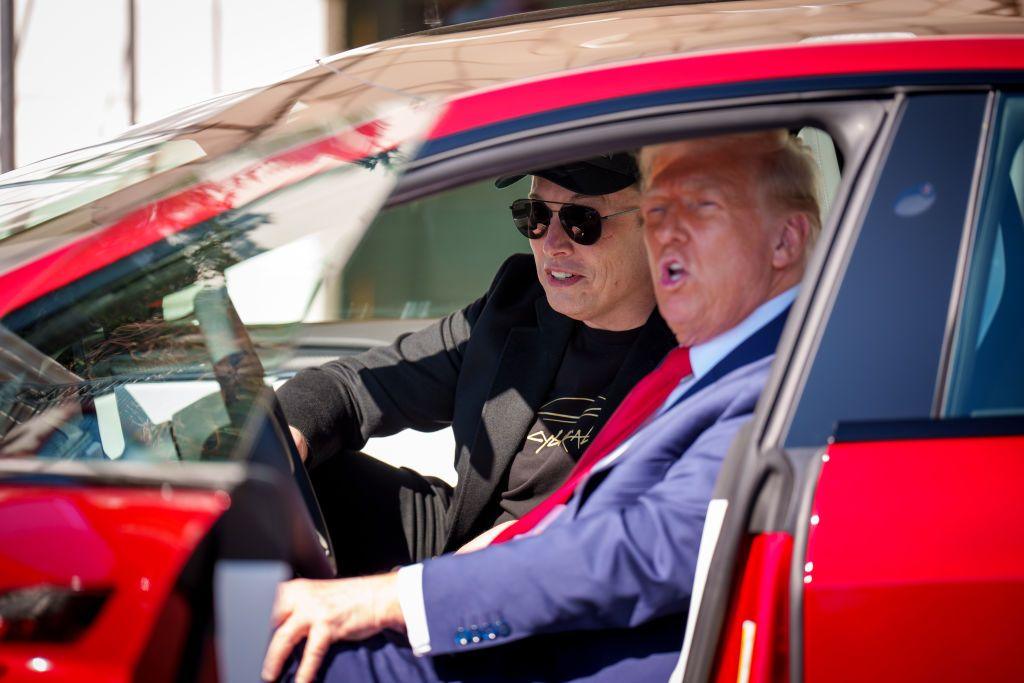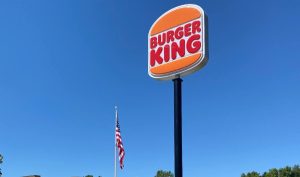Tesla Loses Court Fight Over Defamation Case Technicality.
Cristina Balan went up against Elon Musk’s Tesla in a defamation dispute—and just walked away with a legal win that could have some very real consequences.
It’s not every day you see Elon Musk and Tesla get knocked back in court. But that’s exactly what happened this week—and not because a jury sided against them or because new evidence came to light. It was something much simpler, and arguably more embarrassing: They filed the paperwork wrong.
At the heart of this story is Cristina Balan, a former Tesla engineer who says the company—and Musk himself—damaged her reputation. Her legal fight has been brewing for years, mostly out of sight. But thanks to a new ruling from the Ninth Circuit Court of Appeals, it’s very much back in the spotlight.
From Inside Tesla to Legal Battle
Balan was once a rising name at Tesla, helping develop the Model S. But things went sour. After raising concerns internally and eventually parting ways with the company, she claimed Tesla and Musk made false, public statements about her. In short: she said they defamed her.
The company, as many do in these situations, pushed the dispute into arbitration. That’s a private legal process that companies often prefer because it keeps things quiet and out of courtrooms. In the end, the arbitrator ruled in Tesla’s favor. Balan got nothing—a zero-dollar award.
Tesla then took things one step further. They went to federal court, asking a judge to confirm the arbitration win, which would effectively make it official and harder to challenge down the road.
And that’s where it all started to fall apart.
The Technicality That Took Tesla Down
At first, the district court granted Tesla’s request. Case closed, or so it seemed. But Balan appealed—and her lawyers pointed to a 2022 Supreme Court ruling called Badgerow v. Walters.
That case laid down a new rule: when it comes to confirming arbitration awards in federal court, judges aren’t allowed to peek behind the curtain. They can’t look at the original dispute to decide whether they have jurisdiction. Everything they need to say “yes, we can take this case” has to be right there, on the surface of the petition.
Tesla’s problem? Their petition didn’t include enough. The award was for zero dollars, and there was nothing in the filing showing that the legal fight involved more than $75,000—the minimum needed for federal court in a case between people in different states.
So the Ninth Circuit took one look and said, nope.
Not So Fast, Elon
In a unanimous opinion, the court vacated the district court’s decision and sent it back with clear instructions: dismiss the case. Not because Balan proved she was defamed, and not because Tesla did anything outrageous. But because they tried to use the federal courts without playing by the rules.
For Tesla, this is more of a procedural faceplant than a public trial disaster. Still, it’s not a great look.
Why This Matters More Than You Think
This case might seem like a blip—legal housekeeping, a paperwork issue. But it could have bigger consequences for how companies use arbitration.
Corporations love arbitration because it keeps messy disputes behind closed doors. But they also rely on federal courts to enforce those wins when it counts. What this ruling says is: you don’t get to take shortcuts. If you’re going to lean on the legal system, especially at the federal level, you need to show your work.
And that’s good news for people like Cristina Balan, who often find themselves up against companies with deep pockets and powerful lawyers. It means there’s still room to challenge the system—even if the odds seem stacked.
What Happens Now?
The case goes back to the lower court, where it’ll be dismissed for lack of jurisdiction. What Balan decides to do next is unclear—she might take the fight to state court or explore other options.
Either way, she’s walked away with something that matters: a second chance.
And for Tesla? It’s a reminder that in the world of legal strategy, even giants can trip on the fine print.
🔎 You Might Also Like:
-
Judge Paula Xinis and the Trump-Era Deportation Reversal
A Maryland man’s mistaken deportation and the federal judge who challenged it.
Read more
-
Man Charged in Fire at Pennsylvania Governor’s Mansion
A high-profile arson case unfolds at the heart of state government.
Read more
-
Exxon Faces Lawsuit Over Alleged Trespass and Refinery Pollution
Read more
-
Ohio Moves to Ban Foreign Ownership of Farmland
New legislation targets national security and land use across the Buckeye State.
Read more
-
Clifford Chance Advises on GreenYellow C&I Stake Sale
A major energy transition deal sees GreenYellow divest its commercial & industrial unit.
Read more





















